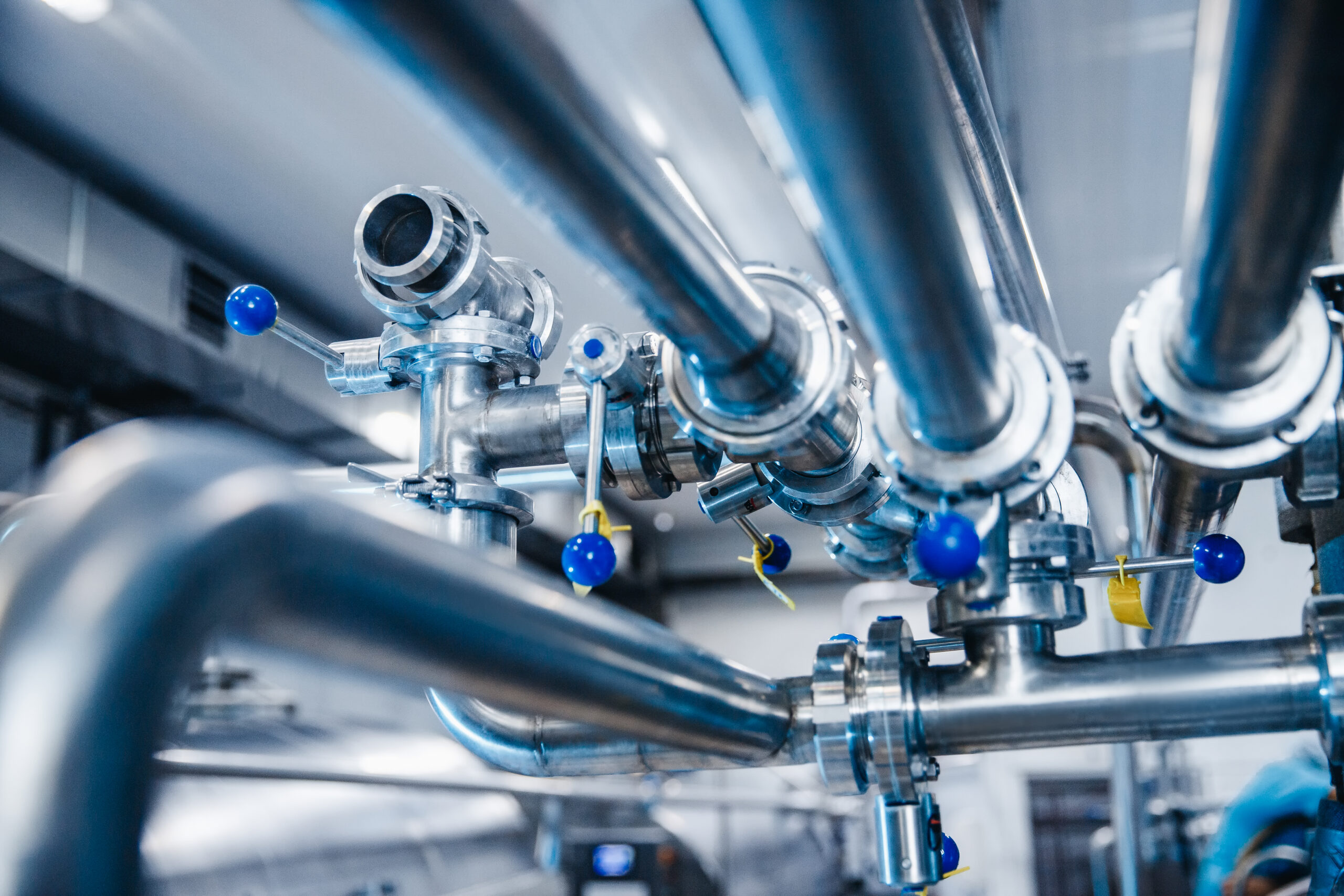Plumbing is a crucial element of any building, be it a commercial, industrial, or high-rise residential infrastructures. As such, the importance of engaging a seasoned professional in this area cannot be overstated. However, the roles of a commercial plumber and a residential plumber often need clarification due to their overlapping fields of work. This article aims to shed light on the eight main differences and similarities between these two specialties to help you understand their unique attributes.
The Main Differences
- Scale and Complexity of Projects: One of the primary differences between a commercial plumber and a residential plumber lies in the size and complexity of the projects they undertake. Commercial plumbing jobs typically involve a vast network of pipes, numerous floors, and multiple types of fixtures, which makes the tasks more complex. In contrast, residential plumbing projects are usually less intricate, involving single or two-story houses with a smaller, more straightforward piping layout.
- Type of Equipment: While both types of plumbers use similar tools, the scale of equipment used by a commercial plumber is often larger due to the size and complexity of commercial systems. For example, commercial plumbers might use heavy-duty sewer machines, while residential plumbers typically employ lighter, less robust equipment.
- Knowledge of Regulations: Both commercial and residential plumbers need a firm understanding of local codes and regulations. However, commercial plumbers often face more stringent requirements due to the nature of public-facing establishments and the larger number of people who use the facilities.
- Scope of Maintenance: Commercial plumbers frequently perform preventive maintenance on a large scale, ensuring that plumbing systems are running smoothly in large buildings. Meanwhile, residential plumbers often focus more on repairs and small-scale maintenance tasks.
- Plumbing Systems and Fixtures: Commercial plumbing involves a variety of unique fixtures and systems, such as commercial-grade water heaters or large-scale waste removal systems, not commonly found in homes. Conversely, residential plumbers work with standard home fixtures and systems.
- Emergency Services: Both types of plumbers provide emergency services. However, the urgency can be more significant in commercial settings, where a plumbing failure can impact a larger group of people and potentially halt business operations.
- Training and Experience: The training for both a commercial and residential plumber is similar initially. However, a commercial plumber often requires additional training or experience to handle the complexities associated with larger systems and more extensive regulations.
- Service Schedule: Commercial plumbers often have more flexible hours, as businesses may require services beyond regular working hours. Residential plumbers usually adhere to a standard working schedule, although exceptions can be made for emergencies.
Despite these differences, there are also striking similarities between commercial and residential plumbers.
Some Mentionable Similarities
- Professional Training and Certification: Both require rigorous professional training and certification to ensure they are equipped with the necessary skills, expertise, and knowledge to perform their jobs effectively.
- Safety Standards: Both commercial and residential plumbers adhere to high safety standards, ensuring the well-being of both themselves and their clients.
- Problem Diagnosis and Solution: Both types of plumbers are skilled in diagnosing problems within their respective plumbing systems and offering efficient and effective solutions.
- Use of Advanced Technologies: Both employ advanced technologies and tools to diagnose and solve plumbing issues, such as leak detection systems or drain cameras.
- Customer Service: Both prioritize excellent customer service, working closely with clients to understand their needs, address their concerns, and provide satisfactory solutions.
- Knowledge of Plumbing Systems: Both commercial and residential plumbers have in-depth knowledge of various plumbing systems, materials, and techniques.
- Maintenance Services: Regular maintenance is a key service provided by both types of plumbers, helping to prevent future issues and ensuring the longevity of the plumbing systems.
- Emergency Services: As mentioned earlier, both commercial and residential plumbers provide emergency services, understanding that plumbing issues can arise at any time and require immediate attention.
In conclusion, while commercial and residential plumbers share a core foundation of skills and knowledge, their roles diverge significantly when it comes to the scale, complexity, and nature of the projects they handle. By understanding these differences, you can make a more informed decision when choosing a professional for your next project.
For more information on commercial plumbing services, contact Trillium Mechanical today!

